Character and Citizenship Education
CCE@CTSS
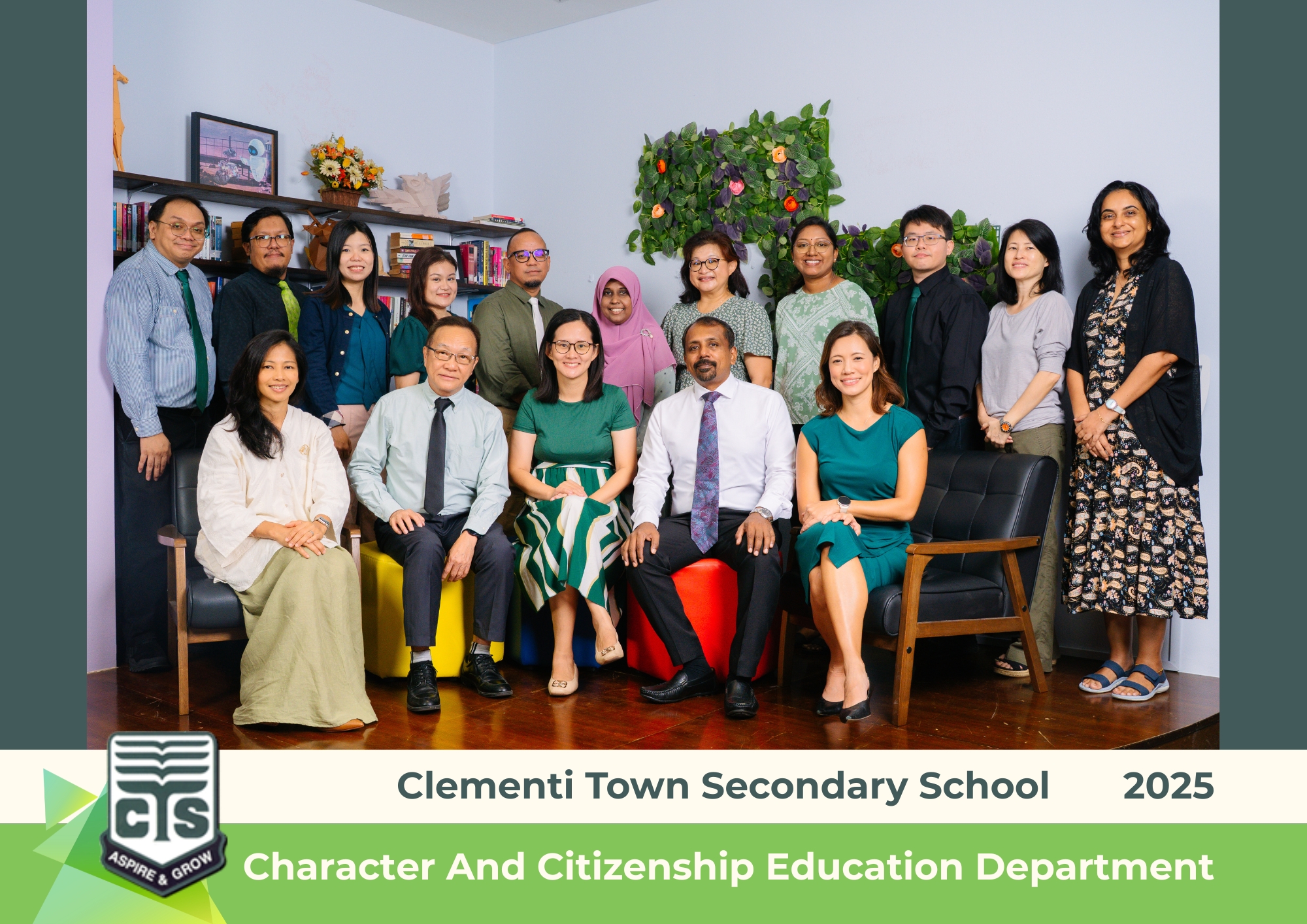
MISSION
Every Clementeen, An Active Citizen of Character
CURRICULUM CONTENT
In CTSS, we aspire to mould the character of every Clementeen so that they become active Clementeens with the passion to learn, the confidence to lead and the humility to serve. The design of the school’s CCE Curriculum takes reference from MOE’s CCE 2021 Curriculum Frame and is anchored on the school’s values, vision and mission.
CCE Lessons
Character and Citizenship Education (CCE),which includes National Education (NE) and Social and Emotional Learning (SEL), are integral to the holistic development of our students so that they lead purposeful lives. It involves the teaching and learning of core values and social-emotional competencies, with a focus on developing a sense of purpose in our students. These fundamentals are taught and applied in the six curriculum content areas of CCE, namely Education and Career Guidance, Cyber Wellness, National Education, Sexuality Education, Mental Health and Family Education.
Contemporary issues are also discussed during CCE lessons to develop active citizenry, critical thinking skills and global awareness among students. Through guided facilitation and class discussions, Clementeens will learn the important skill of perspective taking in a wide range of themes and issues that are relevant to their development and life experiences.
School Based Lessons
CTSS approaches the teaching of social-emotional competencies and application of personal leadership principles through a customised school-based CCE curriculum based on the ‘7 habits for Highly Effective Youths’ by Stephen Covey.
The7 Habits Curriculum is integrated into the CTSS’s Lifelong Learning Programme, CCE lessons, CCA sessions, Cohort Camps and Learning Experiences. In our endeavour to make 7 Habits a pervasive culture, all teachers are trained to facilitate the inculcation of these habits in the different student development experiences through reflection. Our hope is that that Clementeens will live out these habits, have a mindset and skill set to cope with adversity and thrive effectively beyond the gates of CTSS.
In CTSS, we also hope to develop students who show agency and take ownership (autonomy) of their learning goals by guiding them in designing their own roadmap to reach these goals. As such, upper secondary students will work on their Personal Digital Portfolio that captures the records of their learning experiences in their pursuits in areas of interests for self. The digital portfolio leverages on the affordance of the Personal Learning Device (PLD) to take stock of their school experiences using the Plan, Monitor and Evaluate reflective cycle, as students record their various school experiences and important learning experiences.
National Education (NE)
National Education is an integral part of the CTSS’s Citizenship Education programme. The NE lessons aims to provide Clementeens with the knowledge, skills and values to understand Singapore's history, realities and challenges unique to our nation, appreciate our journey to nationhood. Through meaningful learning experiences, such as the learning journey to National Musuem, activities during Racial Harmony Day and National Day, the school endeavours to inculcate a sense of rootedness and belonging to the school and Singapore. For example, in 2023, our student leaders had the opportunity to have conversations during Racial Harmony Week with youth speaker, Mr Shukul Raaj Kumar, who volunteers actively in the community. This provides opportunities for our Clementeens to engage in conversations that allows them to understand diverse perspectives and the importance of embracing diversity.
Education and Career Guidance (ECG)
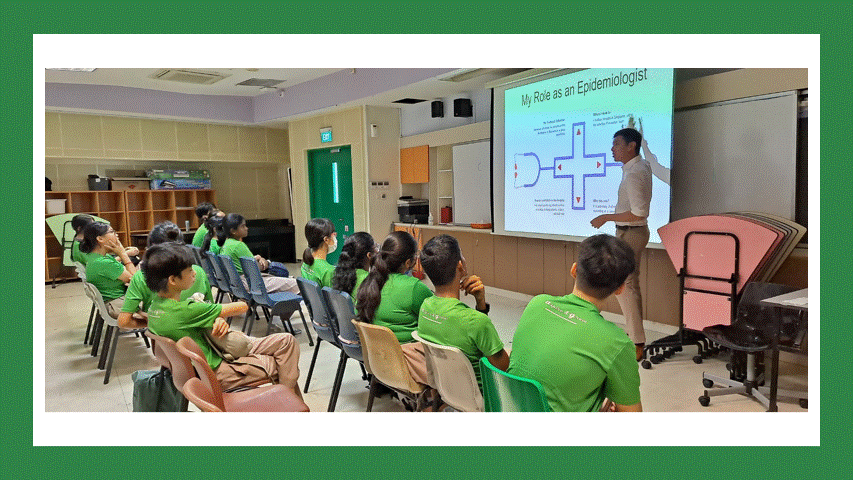
To develop Clementeens who are confident to make informed choices about their post-secondary educational pathways as well as career choices, our Education and Career
Guidance curriculum is designed to provide opportunities for them to develop
their social and emotional competencies; discover their interests, strengths
and weakness; and also explore possible career choices. For example, CTSS
organizes the annual Career Festival for graduating students, learning
journeys to post-secondary institutions, sharing by industry partners,
alumni and our ECG Counsellor, to help students make informed decisions
regarding their tertiary education. Our Secondary 3 students can participate
in Applied Learning Modules (ApLM) which aims to inculcate life skills
and provide exposure to the different sectors of work through practical
learning strategies. These modules will also allow our students to discover
their interests and strengths so that they can make informed education
and career choices to lead purposeful lives.
Our in-house ECG Counsellor, Ms Surinder, is in school every Tuesday and Thursday to have ECG conversations with students.
Students who wish to explore more about post-secondary options or find out more about their career interests and strengths may book a session at https://go.gov.sg/ecgclementitown
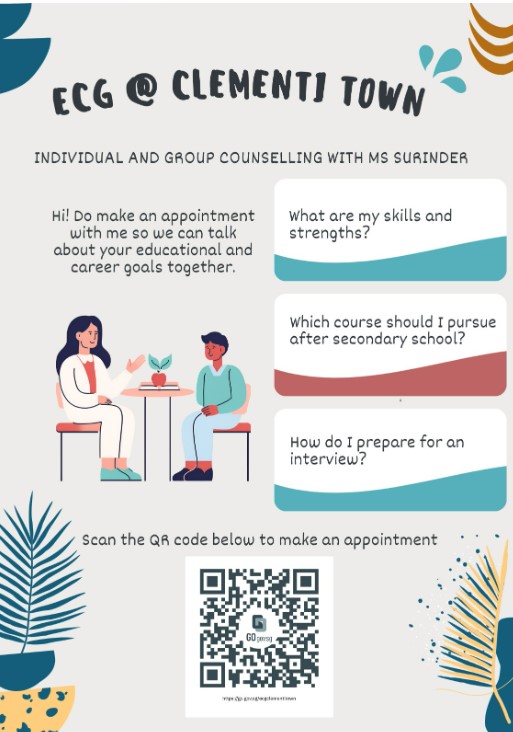
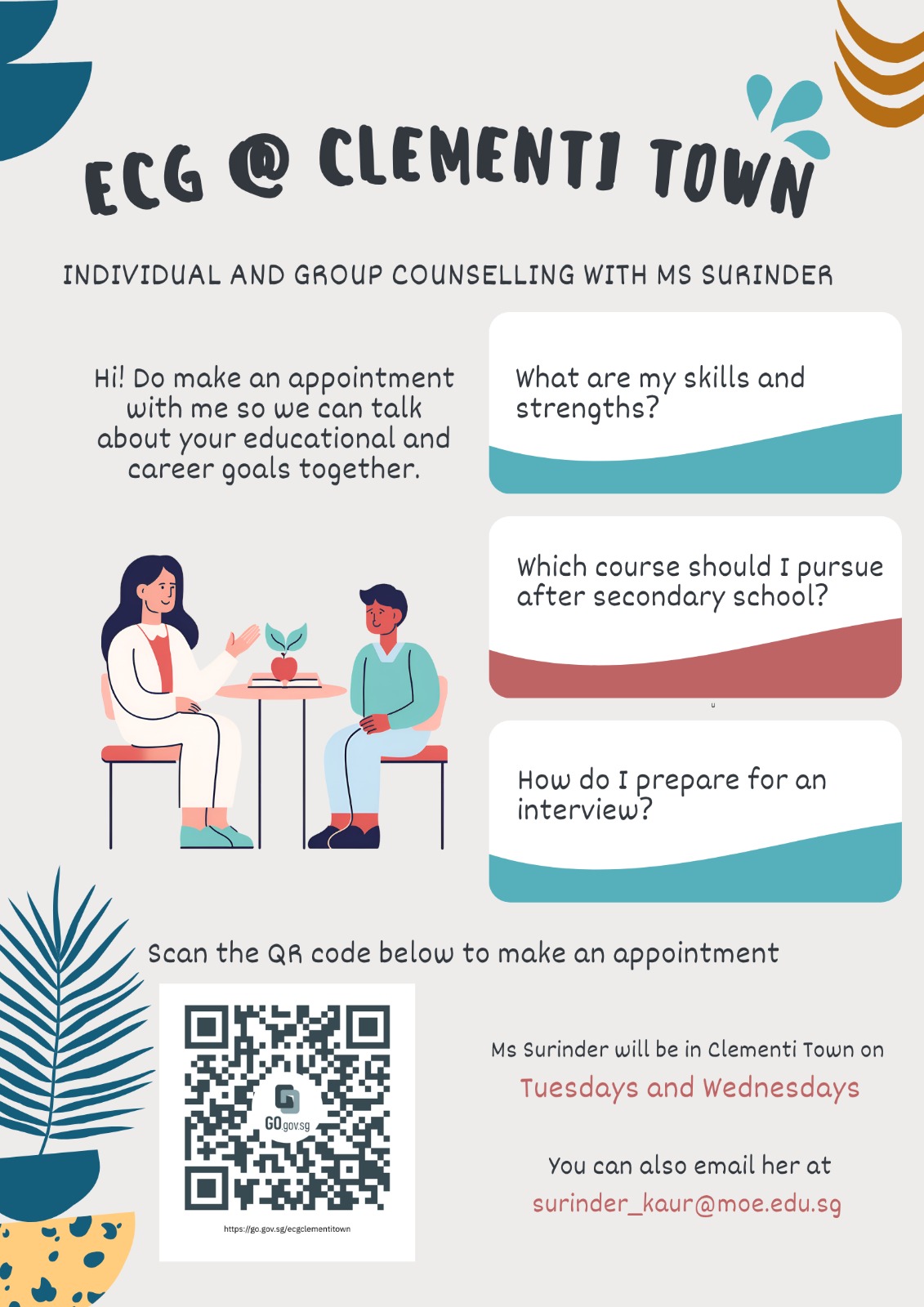
Useful links to General Information on ECG:
Sexuality Education
The Sexuality Education curriculum emphasizes the importance of respect
for self and others, both online and offline, and respecting personal boundaries
for healthy relationships and personal safety. Information on the
curriculum can be found under this section.
Mental Health
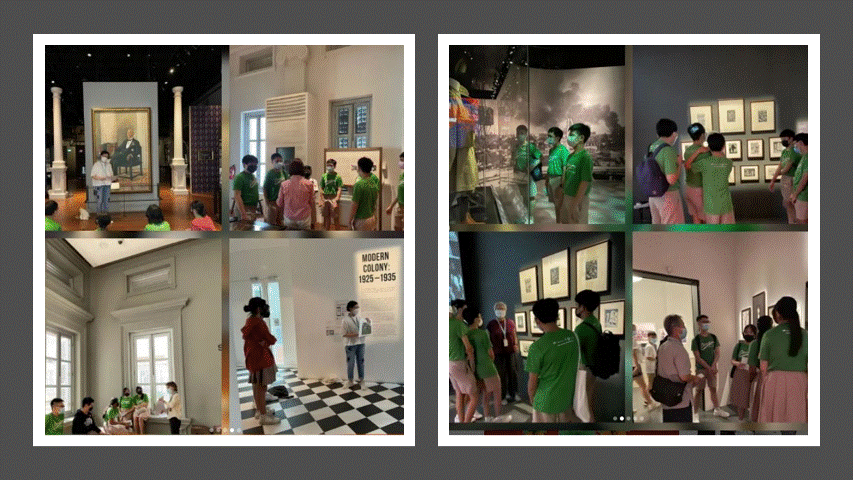
Our Mental Health Programme aims to teach our Clementeens fundamental ways to take care of their mental wellbeing, as well as raise awareness of mental health issues. These include practical strategies to cope with stress and to look out for themselves and others in terms of mental health struggles. The Student Leaders from the Care Strand of the Student Union also lead in efforts to promote peer bonding, peer influence and peer helping in our school, as we believe that strong peer support relations in school are fundamental in supporting the mental wellbeing of our youths. The annual Well Being Week is one such platform through which all Clementeens engage in activities in support of better psychological and physical wellbeing for the week.
Cyber Wellness (CW)
The Cyber Wellness curriculum focusses on developing the child’s instinct to take responsibility for his own well-being in cyberspace. It highlights three key messages to guide students in their actions,
-
Embrace the affordances of technology while maintaining a balanced lifestyle between offline and online activities.
-
Be a safe and responsible user of technology and maintain a positive online presence.
-
Be responsible for personal well-being in cyberspace.
Cyber Wellness lessons are conducted through CCE lessons focusing on the 5 topics, namely Cyber use, Cyber identity, Cyber relationships, Cyber Citizenship and Cyber Ethics. The learning is complemented by activities and assembly programme during the Cyber Wellness week. For example, the school worked with Cyber Youth Singapore’s (CYS) Surf Safe Campaign in 2023 to train and share cyber related topics with our student leaders who in turn share their learning with the Secondary 1 juniors during CCE lesson.
Information for parents on the National Digital Literacy Programme, support for student’s learning with Personal Learning Device and tips to keeping students Safe and Smart Online can also be found on this google site.
Family Education
The CCE lessons that centre on Family Education raise awareness about what makes families resilient and the different ways teenagers can contribute to strengthen familial relations. Some skills that are taught to them are Conflict management and positive interaction strategies taught in social-emotional competencies lessons. CTSS also share parenting talks that aims to improve the relationship between parents and their children. The school and home partnerships are crucial in helping students thrive both in school and at home. For the past few years, selected Student leaders joined FamChamps activities which inspired them to be young family champions in Singapore who believe in, live out and champion family. They were also able to transfer their learning by creating a video lesson package to share with their peers on conflict resolution techniques which will help them manage family relations better.
Values-in-Action (VIA)
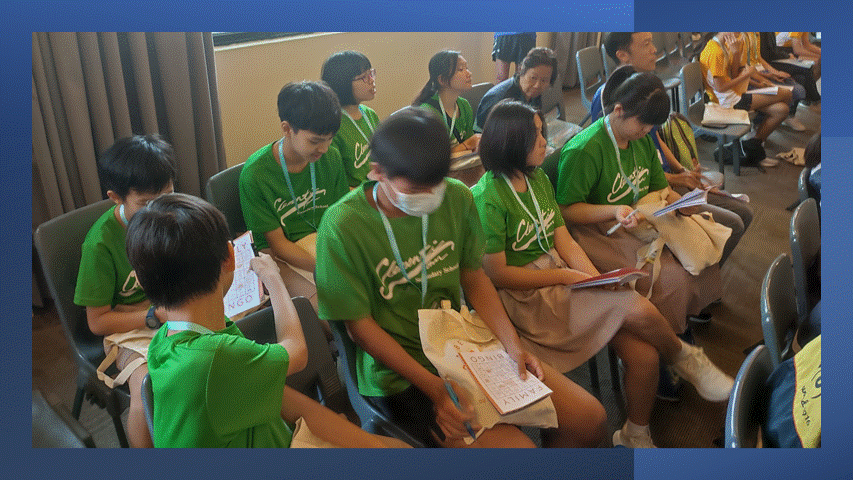
Other than the six content areas, the VIA @ CTSS also provide opportunities
for students to contribute to and serve the community. VIA @ CTSS uses
the Service-Learning project cycle and Design Thinking approach to allow
students to consider areas of concerns by empathising with the community,
and then purposefully plan projects under the guidance of the teachers
to meet the needs of the community. All lower secondary students contribute
to a VIA project annually under the guidance of their CCE teachers. At
the upper secondary levels, the students are encouraged to embark on student-initiated
projects so that they can pursue projects that are close to their hearts
and interests.


